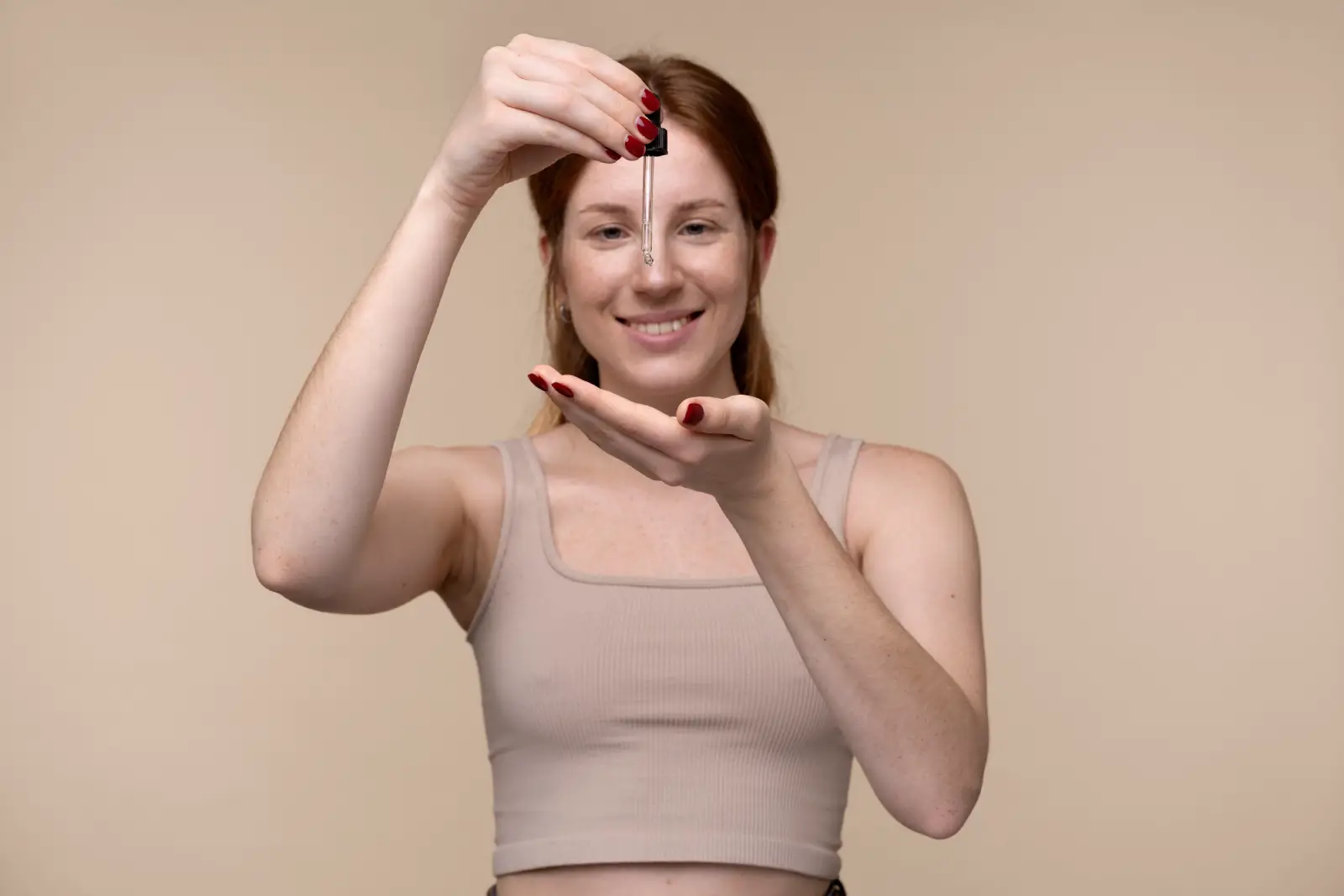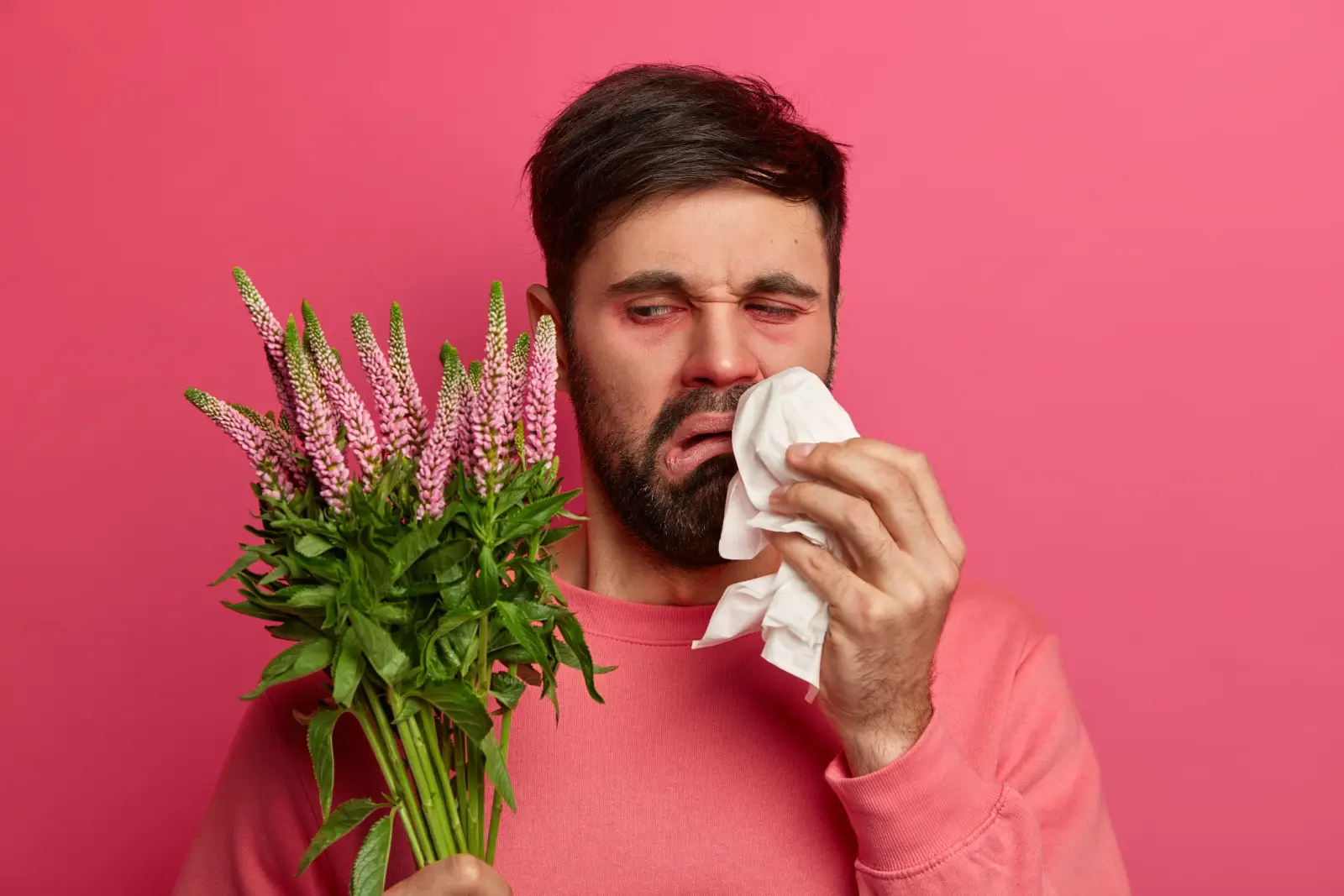blogs
- Home
- -
- blogs details
Why do you suffer from frequent sneezing even though you don't have a cold
Frequent sneezing without a cold... When is it a cause for concern?
Sneezing is not just a passing reflex; it is a complex physiological process affected by several factors.
When it occurs, there is a temporary change in the flow of oxygenated blood to the heart, leading to a slight decrease in heart rate.
However, significant repetitive sneezing, without a cold or viral infection, may indicate an underlying health problem.
In this context, Dr. Sherif Hetta, a public health and preventive medicine consultant, explains the most prominent potential causes of frequent sneezing without a cold.
The most prominent non-viral causes of frequent sneezing:
Seasonal allergies: This is one of the most common causes, and often appears in the spring and fall due to the spread of pollen in the air, which leads to respiratory irritation in some people.
Allergies to environmental factors: such as dust, animal dander, strong odors, strong perfumes, air fresheners, or cigarette smoke.
Sneezing occurs as a result of an overreaction of the immune system to these stimuli, even without an infection.
Photogenic Sneeze Reflex
This is a genetic condition in which sudden exposure to bright light—such as sunlight when leaving a dark place—causes sneezing. Although not a disease, it is common among a large number of people.
Sudden changes in temperature, such as moving from a cold environment to a warm one, cause the nose to produce more mucus in an attempt to adapt to the temperature change. This can lead to recurrent sneezing.
When should you be concerned?
Dr. Hatta warns against taking daily sneezing lightly, as it can exacerbate allergy symptoms in some people.
He advises consulting a specialist if sneezing persists for extended periods, or if additional symptoms such as nasal congestion, itching, or watery eyes occur, to accurately determine the cause and prescribe appropriate treatment.
Our blogs
Related Posts
-
Is your hair loss normal 7-7-2025
-
How does anxiety affect the stomach 11-8-2025
We Always Provide Support
We provide 24/7 technical support with a distinguished team to provide the appropriate service.





















